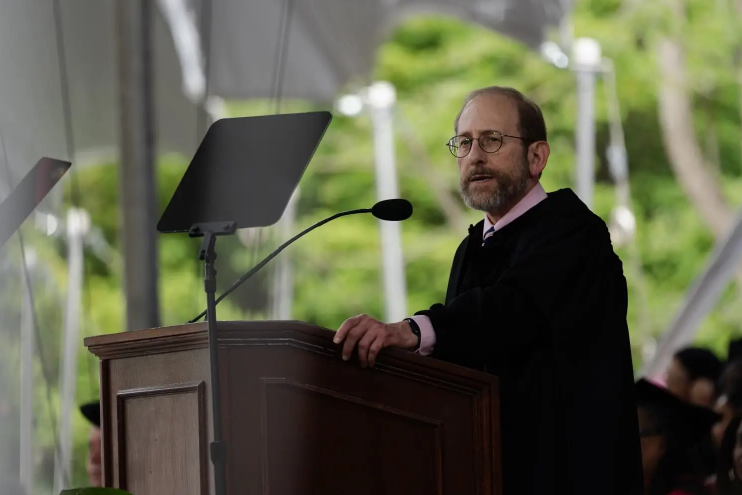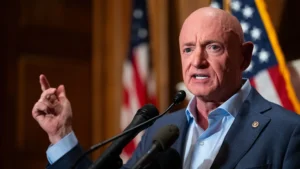Harvard and Yale Defy U.S. Pressure: Major Rejection of Federal Diversity Mandates as both prestigious Ivy League institutions reject government efforts to restrict their diversity, equity, and inclusion (DEI) initiatives. This act of resistance marks a crucial moment in the ongoing national debate about academic freedom, government control, and institutional independence.
1. Why Did Harvard and Yale Reject Federal Diversity Mandates?
Harvard and Yale refused to comply with new federal demands requiring the dismantling or reduction of DEI programs. These mandates were seen as politically motivated, challenging the universities’ long-standing commitment to fostering inclusive learning environments. The rejection was not just symbolic; it came with consequences — including a freeze of more than $2.2 billion in funding to Harvard.
Key Reasons for Rejection:
- Violation of academic freedom
- Legal concerns over federal overreach
- Commitment to campus inclusion and student support
- Public pressure from faculty and alumni
2. What Are DEI Programs and Why Are They Important?
DEI programs stand for Diversity, Equity, and Inclusion. These are initiatives designed to support students from diverse backgrounds, improve campus climate, and promote equal opportunities across race, gender, religion, and socioeconomic status.
Purpose of DEI Programs:
| Area | Impact |
|---|---|
| Student Access | Provides scholarships and support for minorities |
| Faculty Hiring | Encourages inclusive recruitment practices |
| Curriculum Reform | Adds culturally diverse courses |
| Campus Environment | Fosters safe, inclusive spaces for all students |
These programs are deeply embedded in academic life and viewed as critical to producing well-rounded graduates in a globalized world.
3. The Financial and Political Stakes Involved
The federal government’s response included freezing billions in grants and research funding — targeting institutions that refused to alter their DEI frameworks. For Harvard alone, this meant over $2.2 billion in frozen grant money and $60 million in contracts. Yale is currently under review, with faculty urging their administration to stand firm.
4. Public Reactions: Divided Voices Across the Country
The response across America has been sharply divided. Some conservative leaders argue that DEI efforts promote division and political agendas, while civil rights advocates and students argue that these programs are vital for fairness and social mobility. Former President Barack Obama called the move to punish universities “unlawful and ham-handed,” praising the institutions for defending democratic values.
Supporters Say:
- DEI builds equal opportunity
- Promotes freedom of thought
- Reduces systemic inequities
Critics Argue:
- DEI introduces ideological bias
- May conflict with merit-based selection
- Federal money should guide policies
5. What Does This Mean for the Future of U.S. Education?
This conflict between federal authority and institutional independence could set a lasting precedent. Other top universities are now watching closely to decide whether to adjust their DEI programs or follow Harvard and Yale in resistance. The decision may redefine how much influence the federal government can exert on university policies going forward.
Key Outcomes to Watch:
- Legal battles over academic freedom
- Policy responses from other universities
- Shifts in federal education funding models
- Long-term impact on U.S. college admissions and diversity
6. Summary Table: Comparing Harvard and Yale’s Position
| Aspect | Harvard | Yale |
|---|---|---|
| DEI Program Continuation | Yes – Will not compromise | Yes – Faculty urging resistance |
| Federal Funding at Risk | $2.2B Grants + $60M Contracts | Under review |
| Official Statement Released | Yes – From President Alan Garber | No – but faculty publicly speaking |
| Political Support | Yes – Endorsed by Barack Obama | Yes – Supported by education advocates |
7. Final Thoughts: Harvard and Yale’s Stand Is Just the Beginning
This isn’t just a dispute over funding. It’s a national test of whether America’s top academic institutions can maintain autonomy while facing government pressure. Harvard and Yale’s stand is a statement that the principles of inclusion, freedom, and independence are not negotiable — even in the face of financial loss.
More universities may soon follow. And how the U.S. government responds will influence the future of higher education for years to come.
[USnewsSphere.com / nyt]





